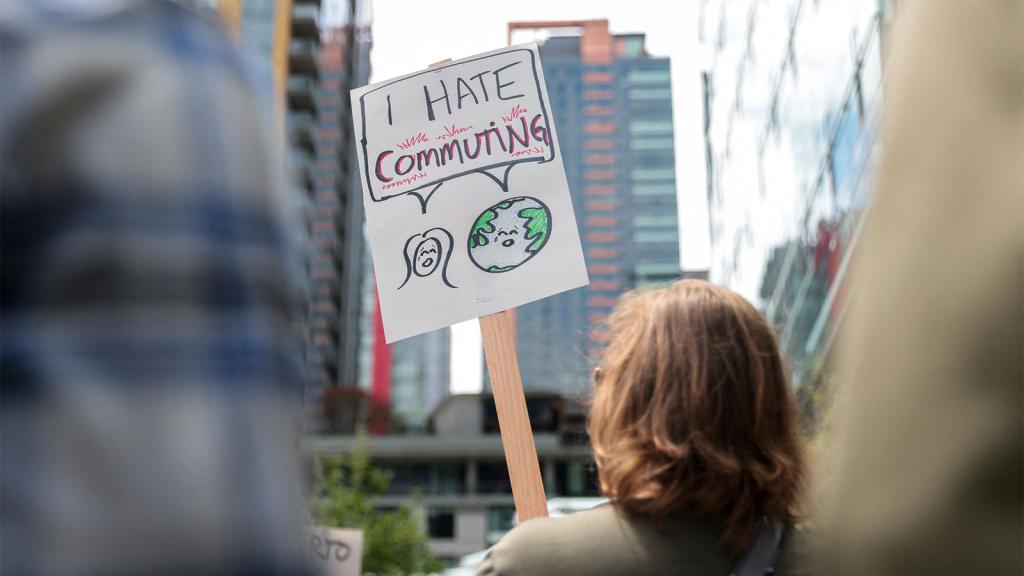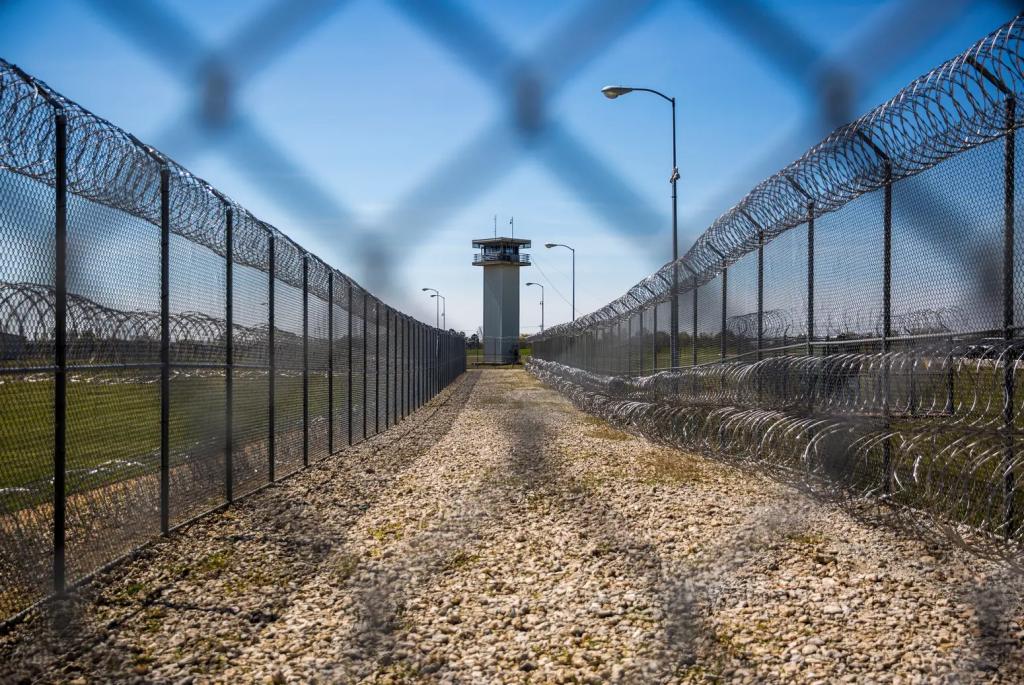I’ve got about 40 tabs open in my browser, and that’s no way to go into a holiday weekend. Time for an old-fashioned link-fest!
—–
I never managed to say anything about it, but novelist Ian McEwan had a delightfully literary and readable essay on Obama and climate change in The Guardian. Definitely worth reading.
The Wall Street Journal has a special package on Obama’s green challenge, with a focus on reducing demand in light of falling oil prices. With video!
I know Gristians got no love for biofuels, even the cellulosic variety, but this story describes some very cool research work going on in that area. I would be very surprised if some cool and environmentally benign fuel didn’t come out of all this, even if its contribution is ultimately marginal.
Everybody loves reports, and here’s a good one: the WWF’s latest Living Planet Report is out. SPOILER ALERT: humanity is using up the earth’s resources at unsustainable rates.
What’s that? You want more reports? I’ve got ’em! Here’s a good one from EDF: in a report called Carbon Counts, they call on federal agencies "to account for the societal benefit of reducing global warming pollution in their economic assessments of significant regulations." Doing so would make it clear that a great many programs now dismissed as "too expensive" are actually fiscally wise.
Live in Oregon or Washington? Don’t worry, there’s a report especially for you: CleanEdge recently released Carbon-Free Prosperity 2025, which looks at the regions unique strengths and lays out a path to, well, what the title says.
"More reports!" you say, "I need more!" Calm down. Try one from the Council on Competitiveness, a 100-Day Energy Action Plan for the next president that focuses on clean energy financing and electricity industry regulatory reform.
"These reports aren’t dorky and wonky enough for me," you pant. "Gimme the hard stuff." Fine. Here’s video from an event NDN put on called "A Vision for a Modernized Electric Grid: Clean Infrastructure for a 21st Century Economy," featuring Rep. Jay Inslee, Rep. Earl Blumenauer, grid guru Kurt Yeager, and FERC commissioner Jon Wellinghoff:
Environmentally enlightened direct-to-consumer auto insurance company (yes, Virginia, there is such a thing) Esurance has sponsored a Cloud Cult tour, and the band has made them a clever video:
If this story and this story are any indication, wave power — harvesting energy from tides — might turn out to be a player after all.
And solar thermal, er, baseload power is breaking out all over.
BusinessWeek takes a close look at carbon capture and sequestration, particularly in the EU, and comes to the same conclusion as so many other mainstream outlets: it’s wildly expensive, therefore we need to make carbon wildly expensive so that it’s competitive. The economic perversity of this argument doesn’t seem to bring anyone up short, to my enduring puzzlement.
The National Intelligence Council recently released a set of three "Global Scenarios to 2025." Environmental stresses, particularly water, play a central role. I prefer "Constant Renewal," wherein:
It is grassroots pressure which forces change, with various political groups, NGOs, professional organizations and “people-in-the-street” coalescing to act as an orchestrated lobbying group on government leaders in order to force inter-governmental cooperation at a global level. On the part of the leaders, a stronger international commitment "to make the system work" develops. Environmental sustainability becomes recognized as a global priority alongside maintaining global economic growth.
Pretty cool how Better Place is looking into setting up a network of electric cars and powering stations in the Bay Area. And this sounds extremely promising:
At a press conference held in San Francisco City Hall, Governor Arnold Schwarzenegger, along with the Mayors of San Francisco, San Jose and Oakland, joined together with the Bay Area Council, the Silicon Valley Leadership Group, and Better Place of Palo Alto to announce a sweeping plan to reinvigorate the state and region’s competitive advantage in innovative technology through public-private investments in electric vehicles and other elements of “green” infrastructure. This new approach challenges conventional assumptions that economic and environmental recovery are at odds with each other, and aligns them, instead.
The group defined a vision for encouraging investment in green infrastructure as a means for boosting the state’s competitive advantage while reducing its dependence on oil for transportation and reducing greenhouse gas emissions. The group believes that the move to a sustainable mobility model of electric vehicles fueled by renewable energy, beginning in the Bay area, will serve as an economic and environmental stimulus blueprint for the entire country, particularly the nation’s lagging automotive sector.
Have a happy Thanksgiving!

